
Deputy Prime Minister for European Integration Cristina Gherasimov spoke in an interview with Veridica about Chisinau's plans to join the EU and the measures that the Republic of Moldova is preparing for this stage, about Romania's constant support, but also about the elements of hybrid war used today by Russia to divert the Republic of Moldova from the European path.

Russia's strategy in Moldova is to insist on discrediting the EU and undermining the European integration process and to put less emphasis on its promotion, according to Florent Parmentier, one of the best young researchers French on the ex-Soviet space and a good connoisseur of the realities in Moldova.

Russian propaganda is constantly adapting its narratives in the context of the war in Ukraine, and as overt propaganda loses its effectiveness, it increasingly turns to disinformation and truncating part of the truth.
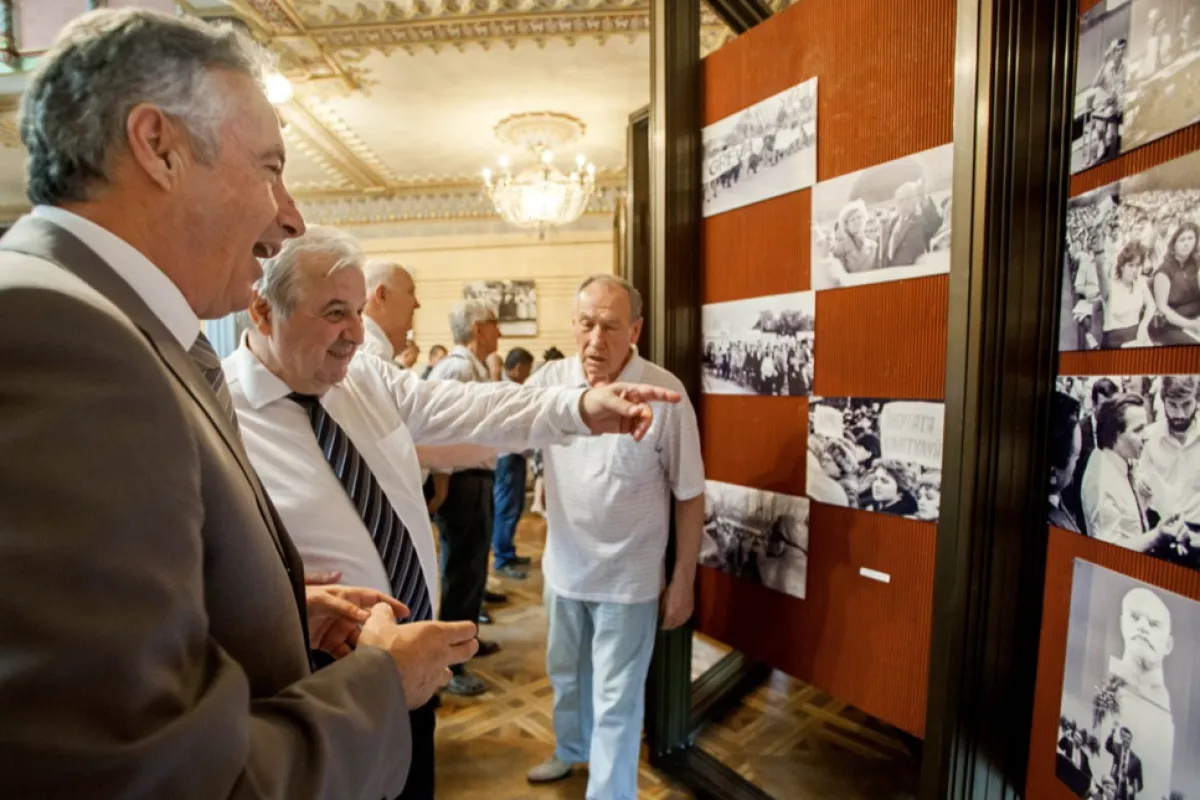
Many Moldovan deputies voted in favor of the independence of the Republic of Moldova out of fear, but they opposed the unification with Romania, although Bucharest would have agreed to this move, says Bessarabian academician Valeriu Matei.
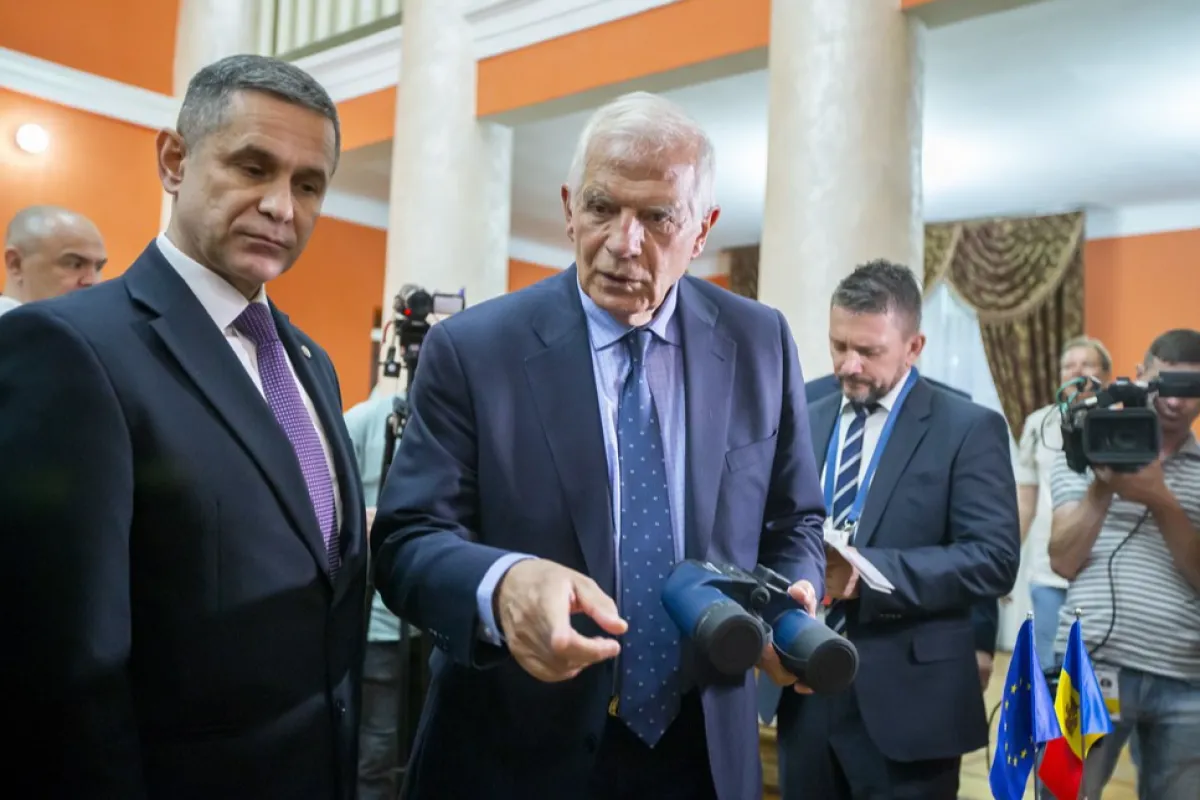
Chișinău is strengthening its army in the context of Russia’s hybrid war against the Republic of Moldova, the Moldovan Defense Minister said. In an interview to Veridica, Anatolie Nosatîi also referred to military cooperation with the EU, NATO and Romania.

Russia is involved in a hybrid war against the Republic of Moldova, says the Moldovan Interior Minister, Ana Revenco. In an interview to Veridica, Minister Revenco also said that, in spite of facing the greatest security challenges since the war in Transnistria, the Republic of Moldova also benefits from the West’s endorsement, which has conveyed a clear message to Russia regarding the “red lines” it shouldn’t cross with respect to Chișinău.
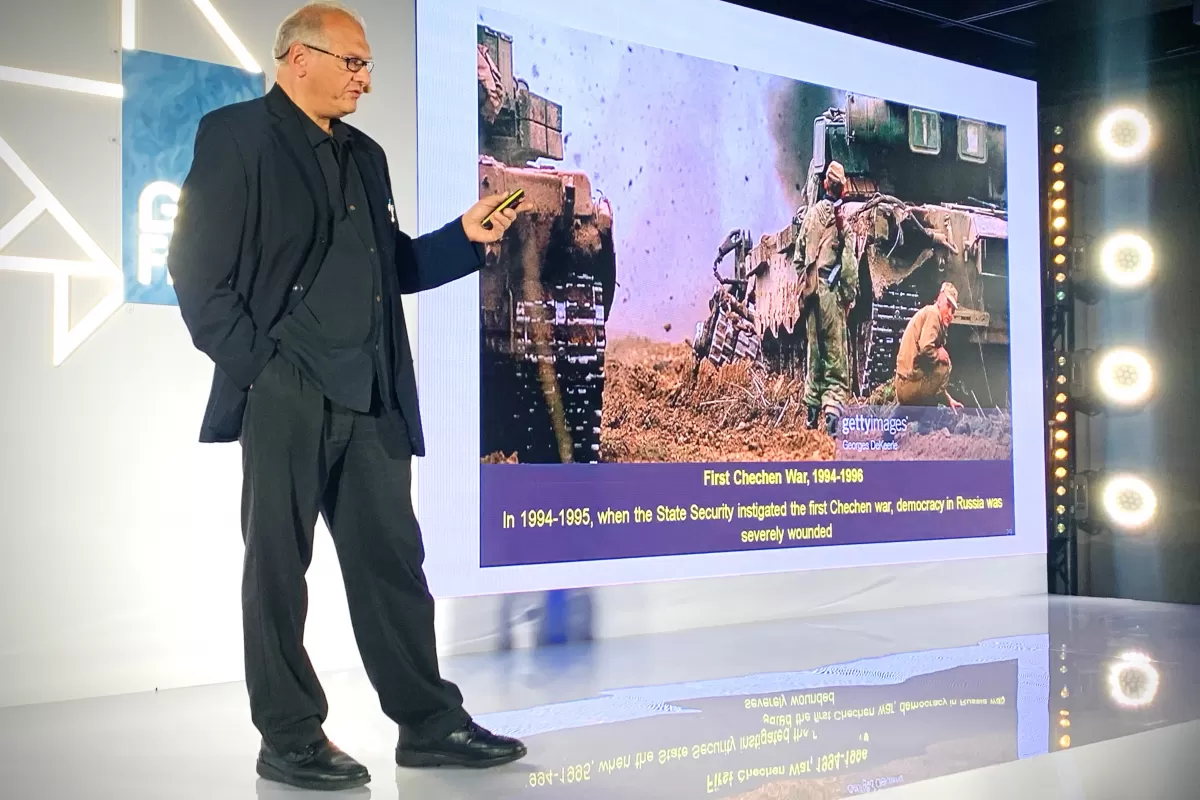
Vladimir Putin’s original plan was to subdue Ukraine without bloodshed and create a joint Russian-Ukrainian-Belarusian army that he could use to conquer Baltic States and the Republic of Moldova, the Russian-American expert Yuri Felshtinsky argues, adding that Moscow’s recent actions suggest, despite all the threats, that no nuclear weapons will be used against Ukraine.
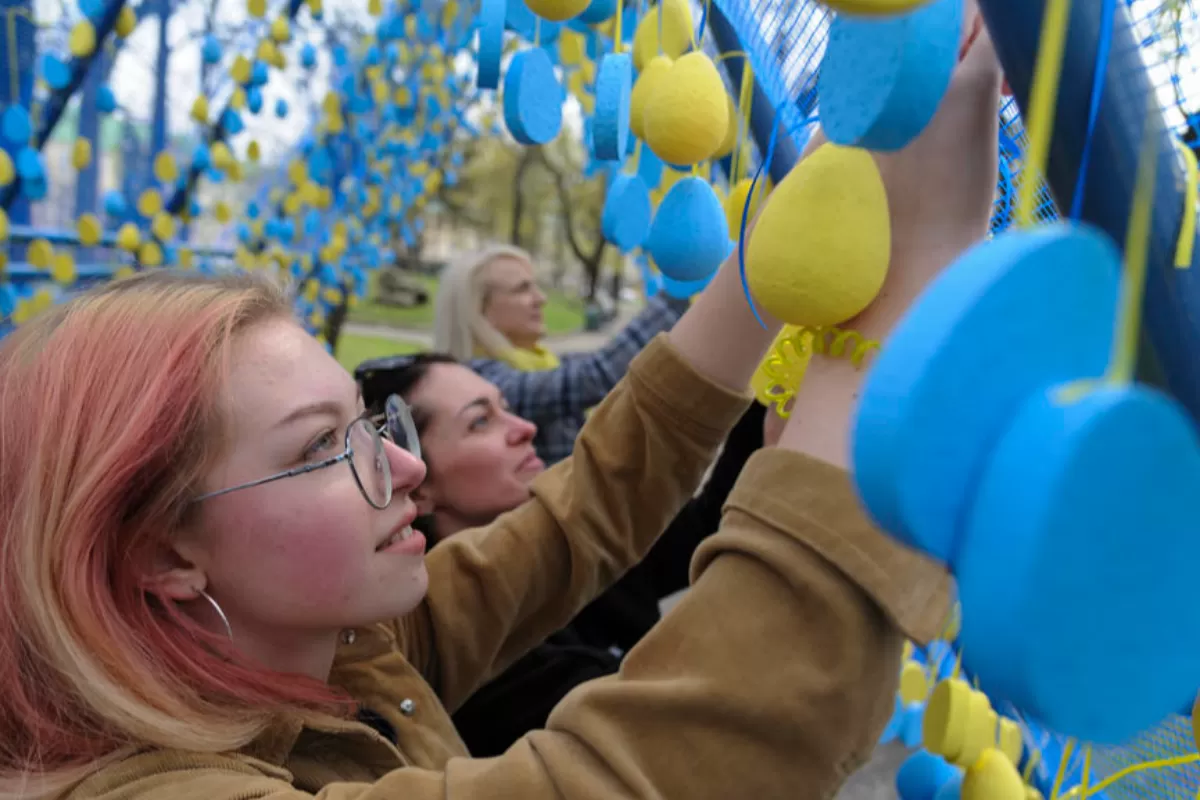
There is now a great deal of coagulation in Ukraine over the national idea, and Ukrainians quickly understood, from the earliest days of the Russian invasion, that they have to either fight or be killed, says Nadija Afanasieva, director of the Ukrainian Institute for International Politics in Kyiv. In an interview with Veridica, the international relations expert explained what Vladimir Putin actually meant when he said that Russia had “noble intentions”, but also what the role of the Transnistrian region in the economy of this war is.
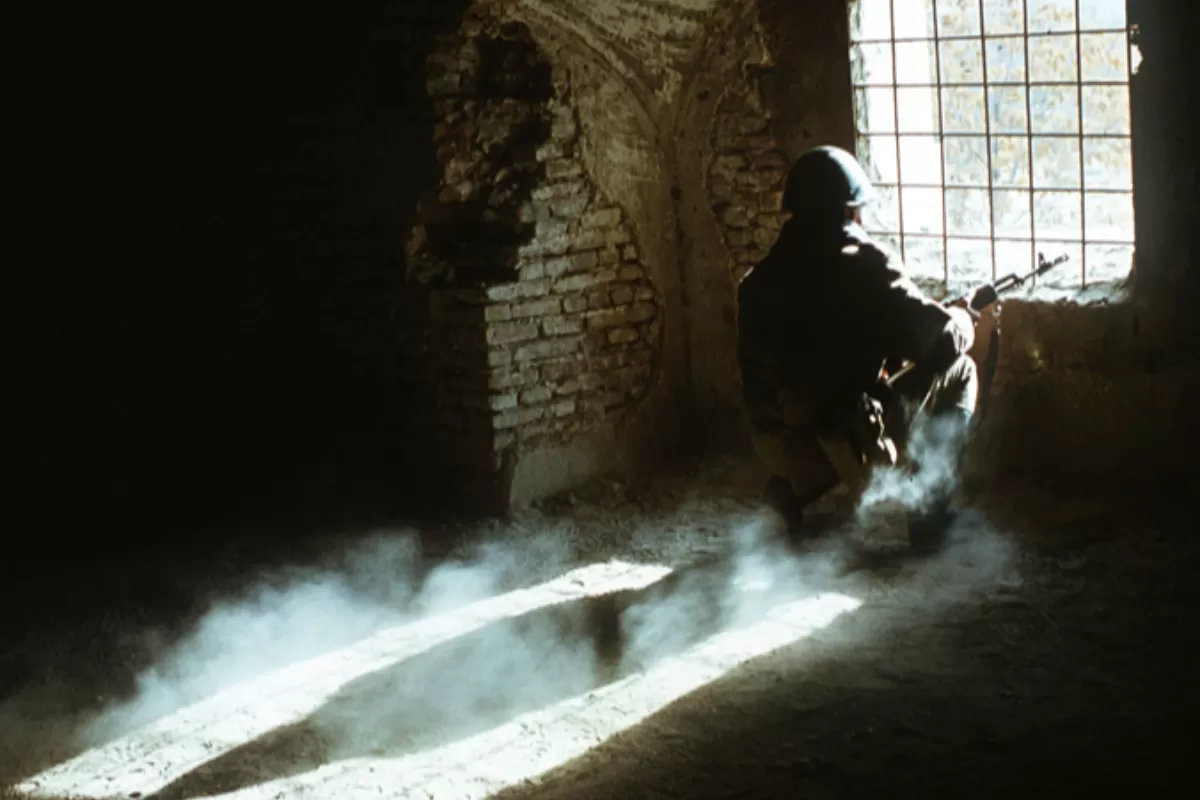
Through its tactics in Ukraine, the Russian military is reminiscent of the Soviet army in Afghanistan rather than a modernized force. Veridica spoke with Chisinau military historian and researcher Ion Xenofontov to see the similarities and differences between the two wars fought by the former USSR and its legal successor, Russia.

The former Minister of Defense, Viorel Cibotaru, currently a political and military analyst in Chisinau fought in the 1992 war on the Dniester between the Moldovan army and the Transnistrian paramilitary forces, helped by the Russian 14th Guards Army. Viorel Cibotaru explained for Veridica the starting point of the conflict, the role of the special services and of the Russian veterans, and the plan for the conservation of the defunct USSR in the former union republics.

Russia is trying to regain influence in its former Eastern European empire through fake news and influence peddling, according to Financial Times journalist, John Lloyd. The former Moscow correspondent talked to Veridica about the way Moscow is using propaganda in pursuit of its foreign policy objectives.
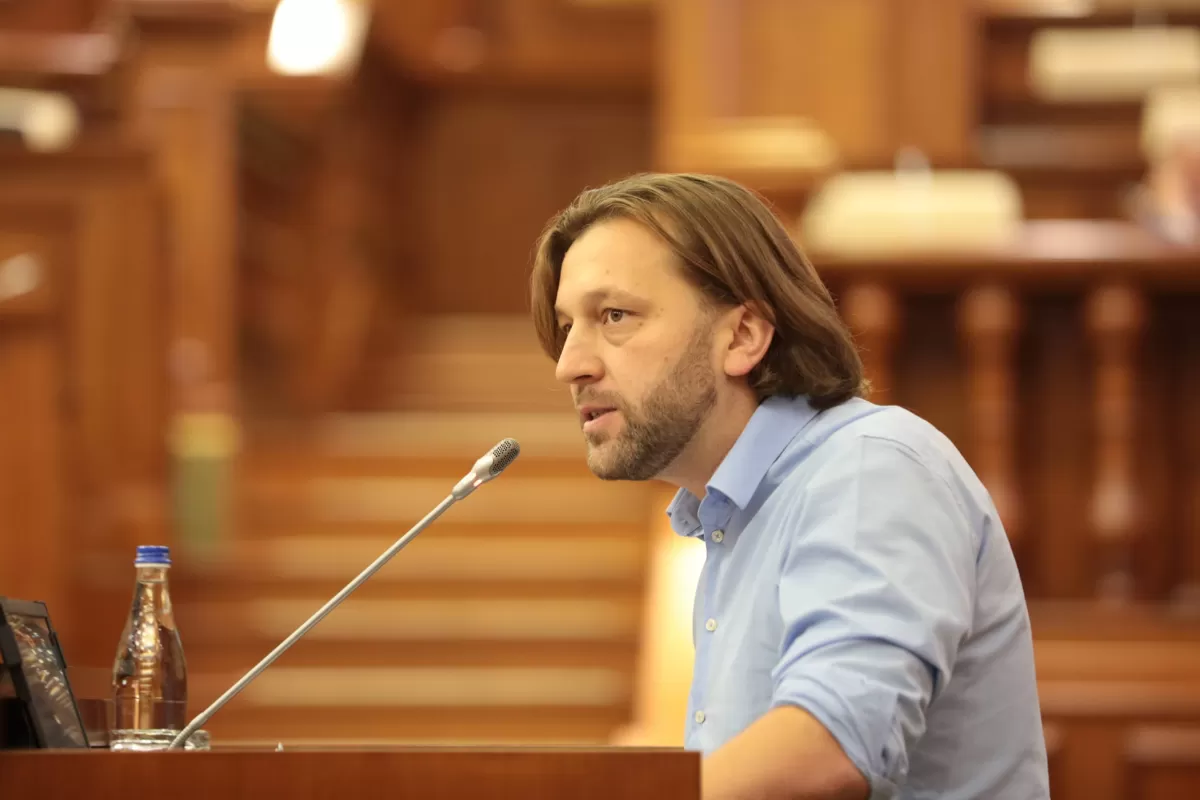
Dumitru Alaiba is one of the most vocal and visible deputies of the Action and Solidarity Party (PAS), which became the ruling party in Chisinau. On the eve of the 30th anniversary of the proclamation of Moldova's independence, Veridica spoke with Dumitru Alaiba about Russia's declining influence in Chisinau, the interests that link some Moldovan politicians to Transnistria, but also about corruption and the politics of the past 30 years.